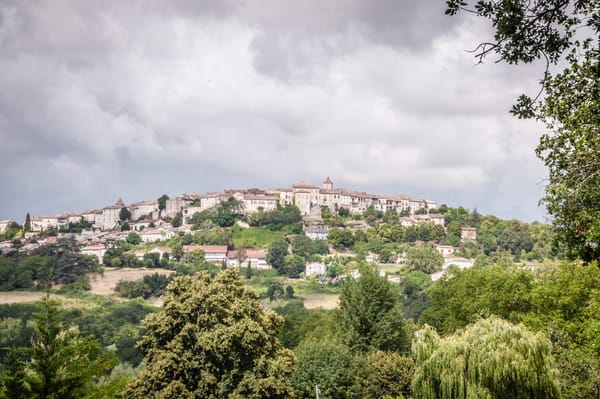In France Profound:
The Long History of a House, a Mountain Town, and a People
By T.D. Allman
Atlantic Monthly Press, 400 pages, $30
La France profonde—“deep France”—is the purported heart of French identity, found deep in the countryside. In recent years, it has emerged as a recurring motif in French politics. It also undergirds a new and far-reaching, if rather breathless, study by T.D. Allman on the small French town of Lauzerte. The book, finished just before its author’s death in May, traces with obvious pride and enthusiasm the contours of this hillside town’s people and their history and, in doing so, throws light on a question that seems now to hang over France and, perhaps, much of the West. To borrow from Plotinus: “But we—who are we?”
The origins of the phrase la France profonde are hazy. Arguably it was the author Michel Dion who first brought it to wider consciousness. In a 1988 essay, he portrayed la France profonde as a place where time stood still: where the customs, dialects, and feelings of belonging had held on defiantly through the turbulence of modernity. Dion claimed life in small French towns and villages had escaped the “dominant ideologies” and the rule of Paris, and foresaw the emergence there of a kind of synthesis of reformed Catholicism and soft socialism, which he viewed as intrinsically intertwined with countryside living. Since his essay was published, politicians of all stripes have invoked the term. Paris may have the cultural and economic clout, but it was in deepest France from which the yellow-vest protests first erupted; where Marine Le Pen’s National Rally built up its base; where Éric Zemmour sought support when he tried to outflank the old right wing. “Deep France,” said Louis Aliot, the mayor of Perpignan, in a 2022 interview, “is waking up.”
